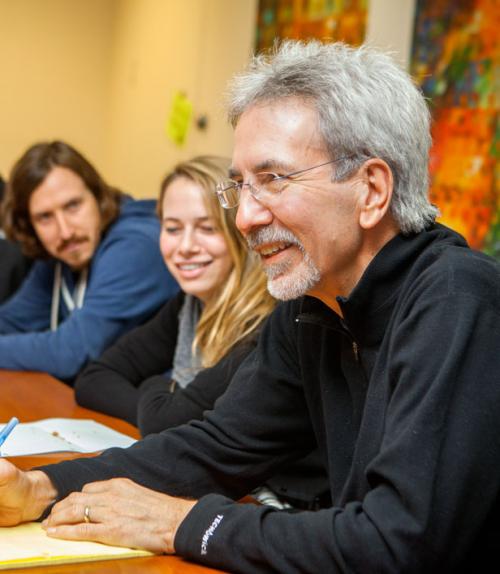Thomas Gilovich, the Irene Blecker Rosenfeld Professor of Psychology, was featured in this New York Times article for his research with Shai Davidai that suggests that humans have a "quirk" that causes us to remember the obstacles we have overcome more vividly than the advantages we have been given.
"This bias is embedded in our day-to-day lives," the story says. "Most of our time and energy goes toward overcoming the challenges immediately in front of us. Headwinds demand attention because they must be overcome. Tailwinds may evoke a momentary sense of well-being and gratitude; but primarily, they free us to focus elsewhere, on challenges that must be overcome."
Read the full article in the New York Times.




